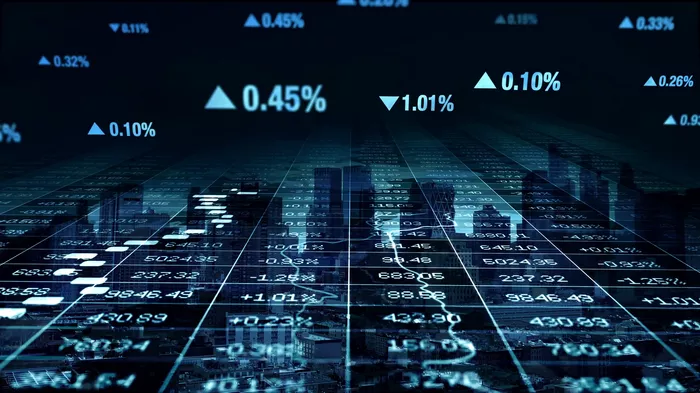Asian stock markets tracked Wall Street’s rally on Friday, buoyed by U.S. President Donald Trump’s delay in imposing reciprocal tariffs, easing some concerns over a potential global trade war. Meanwhile, the U.S. dollar softened, and U.S. economic data helped soothe investor fears about inflation.
Trump’s proposal to implement reciprocal tariffs on countries taxing U.S. imports had fueled market anxieties earlier in the week, pushing gold prices to record highs and sparking worries of escalating global trade tensions. Gold was on track for its seventh consecutive week of gains.
However, Trump’s directive on Thursday stopped short of enforcing new tariffs immediately. Instead, it launched what could be a prolonged investigation into tariffs imposed on U.S. goods by other nations, with any response potentially taking weeks or months to materialize.
Barclays analysts noted, “While markets may take some relief from the delay in imposing reciprocal tariffs, it remains unclear whether this postponement indicates a reduced likelihood of their eventual implementation.” The recent volatility in global markets, especially triggered by the proposed 25% tariffs on Canada and Mexico, adds to the uncertainty.
Global Trade Concerns Linger Amid Mixed Signals
Trump had previously initiated a trade confrontation by imposing tariffs on Mexico and Canada, only to pause them, while maintaining duties on Chinese goods. The market remains cautious about the full impact of these tariff policies, especially considering the ongoing investigation and the potential for further disruptions in global trade flows.
In Asia, attention turned to Chinese technology stocks, particularly after a rally in the Hang Seng Tech Index, which hit a three-year high on Thursday. The surge was driven by the success of Chinese start-up DeepSeek, which contributed to a broader sense of optimism in the sector.
Asian Markets Reflect Optimism but Remain Cautious
Hong Kong’s benchmark index, the Hang Seng (.HSI), jumped 1.6% on Friday, extending its weekly gains to approximately 5%. This marked the fifth consecutive week of gains, the longest such streak in four months, highlighting strong investor sentiment in the region. The MSCI Asia-Pacific Index excluding Japan (.MIAPJ0000PUS) also rose by 0.54%, approaching a two-month high.
On the other hand, Japan’s Nikkei 225 (.N225) edged down 0.55% on Friday but was still on track to close out the week with small gains, reflecting a more cautious stance amid the ongoing tariff uncertainty.
Looking Ahead
While investors reacted positively to the temporary halt in new tariffs, the market remains on edge. The delay in immediate tariff imposition offers a brief respite, but the final outcome of Trump’s trade policies could still lead to significant market volatility. Investors are closely watching developments in both the U.S. and Asia, particularly in the tech sector, as global economic uncertainties continue to influence investor sentiment across regions.
Related topics:
Eneos Holdings Set to Launch Japan’s Largest IPO in Seven Years, Targeting $2.61 Billion
Temu Shifts Supply Chain Strategy Amid U.S. Tariffs, Risking Higher Prices
World Liberty Financial Launches Token Reserve as Trump Family Expands Crypto Ventures


